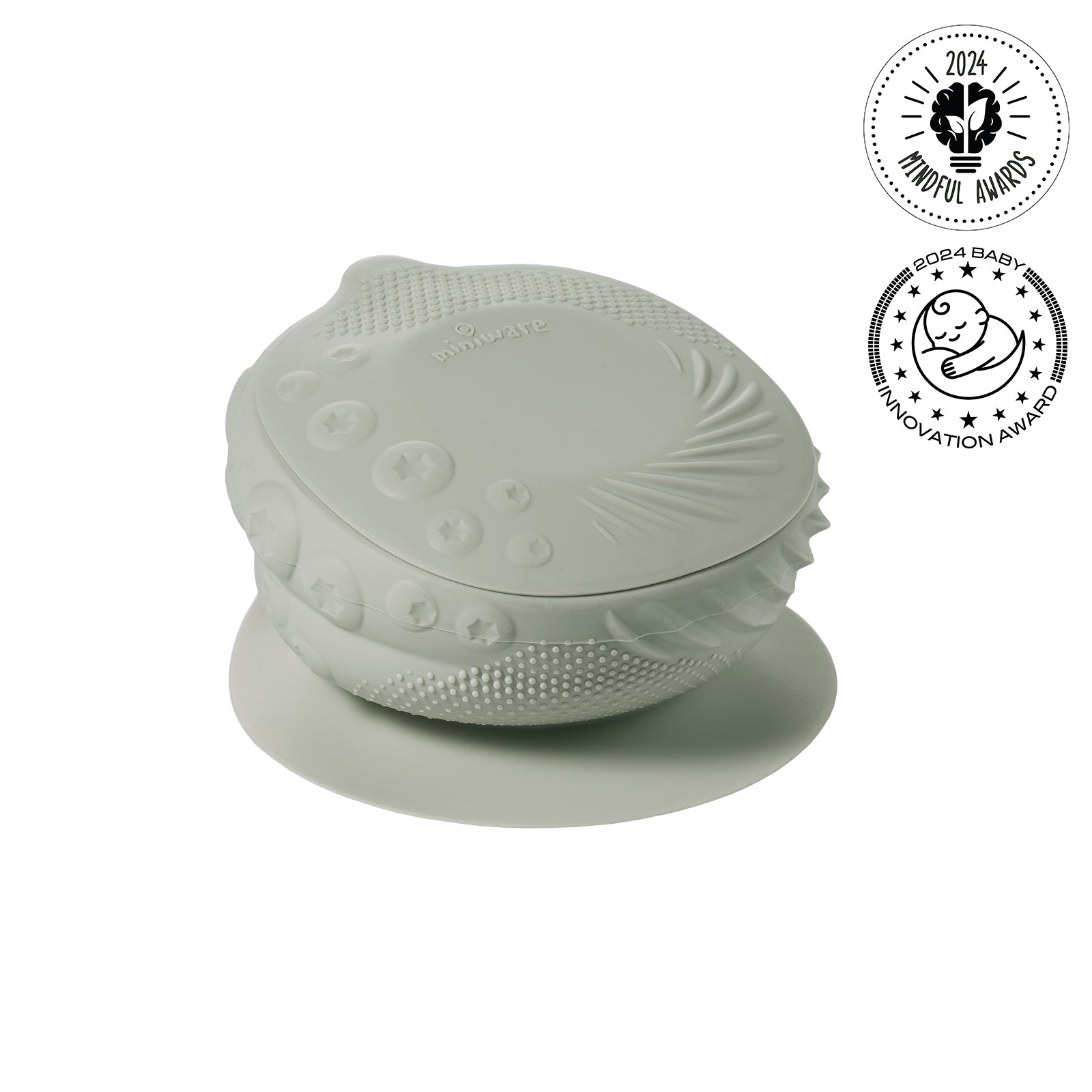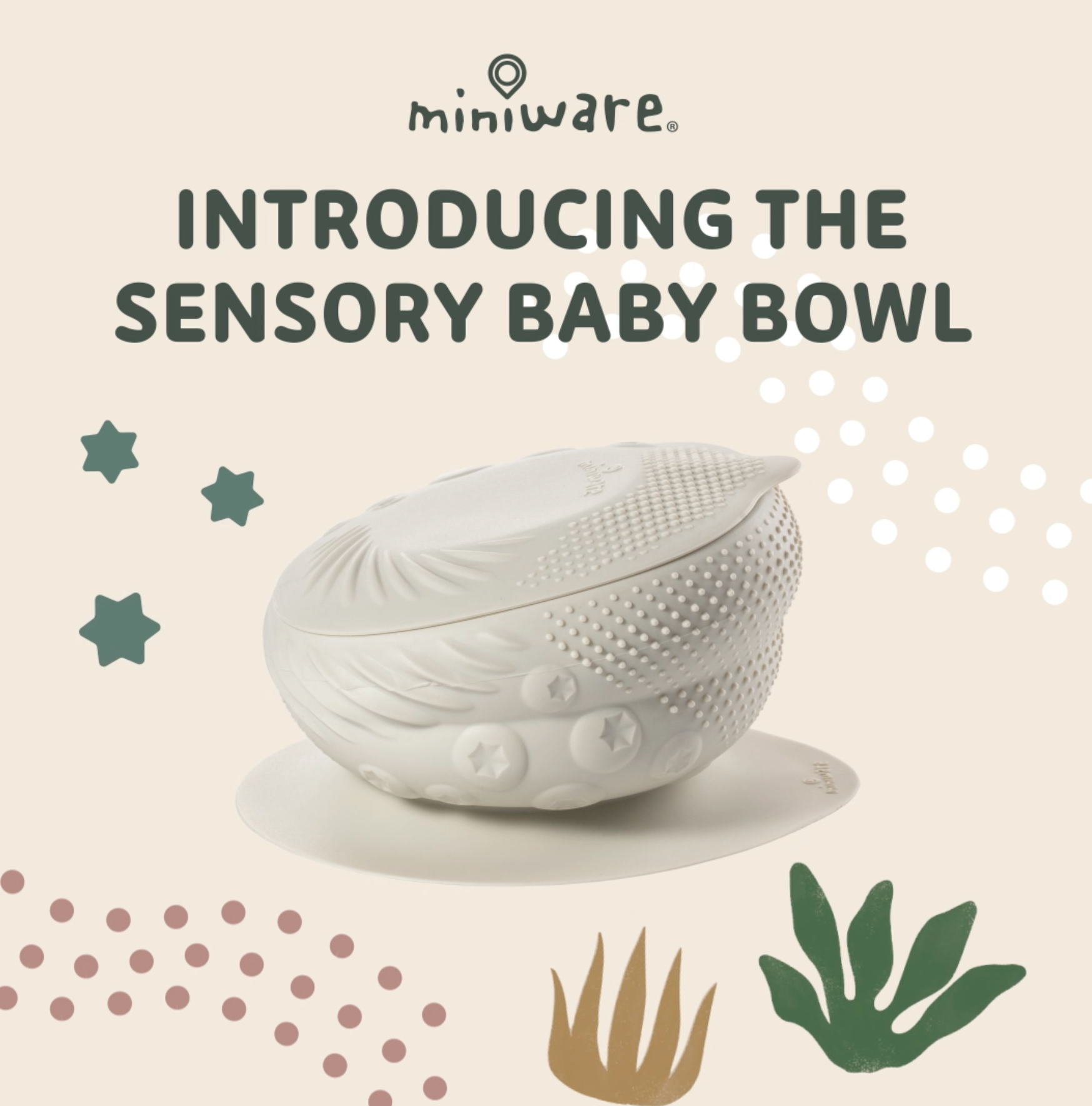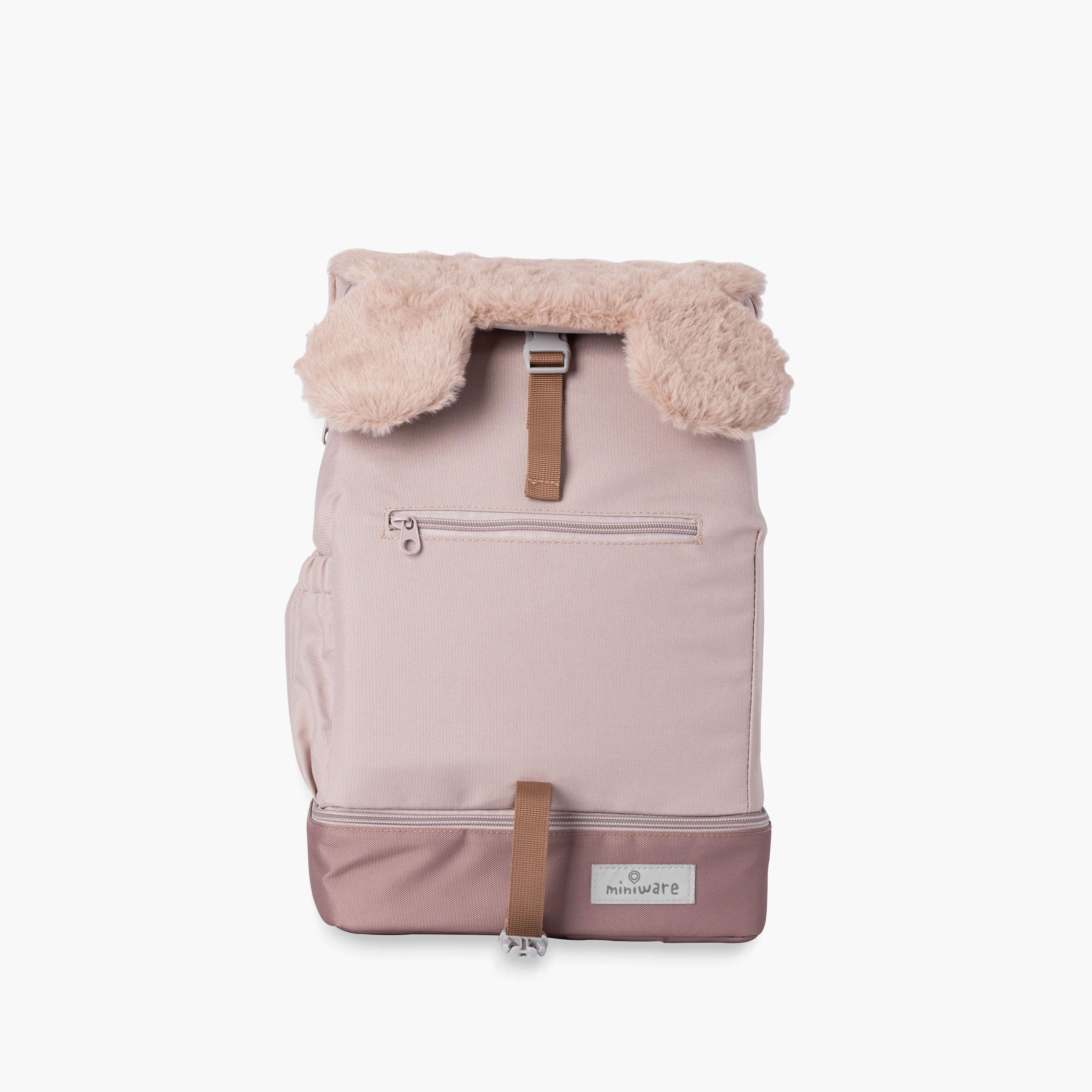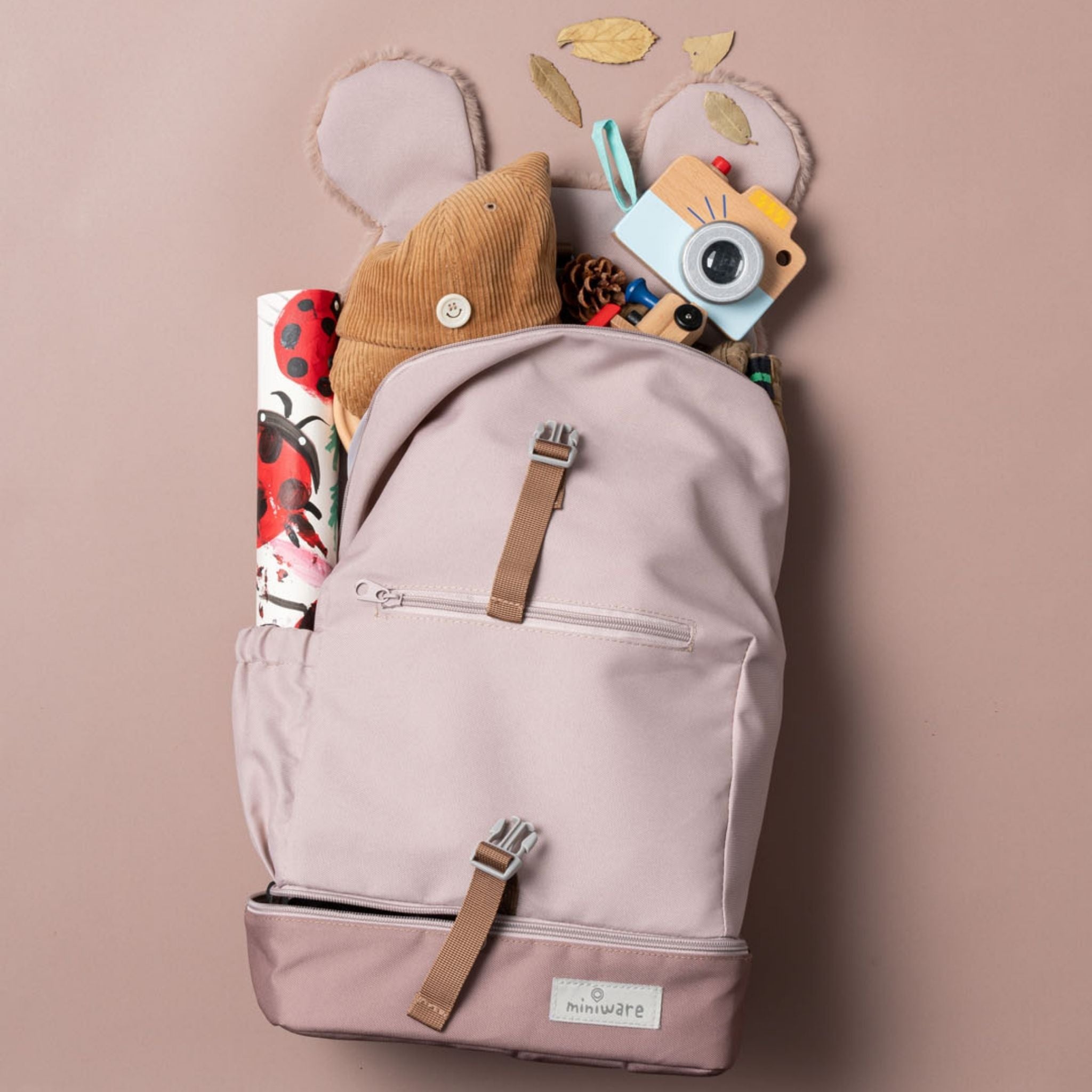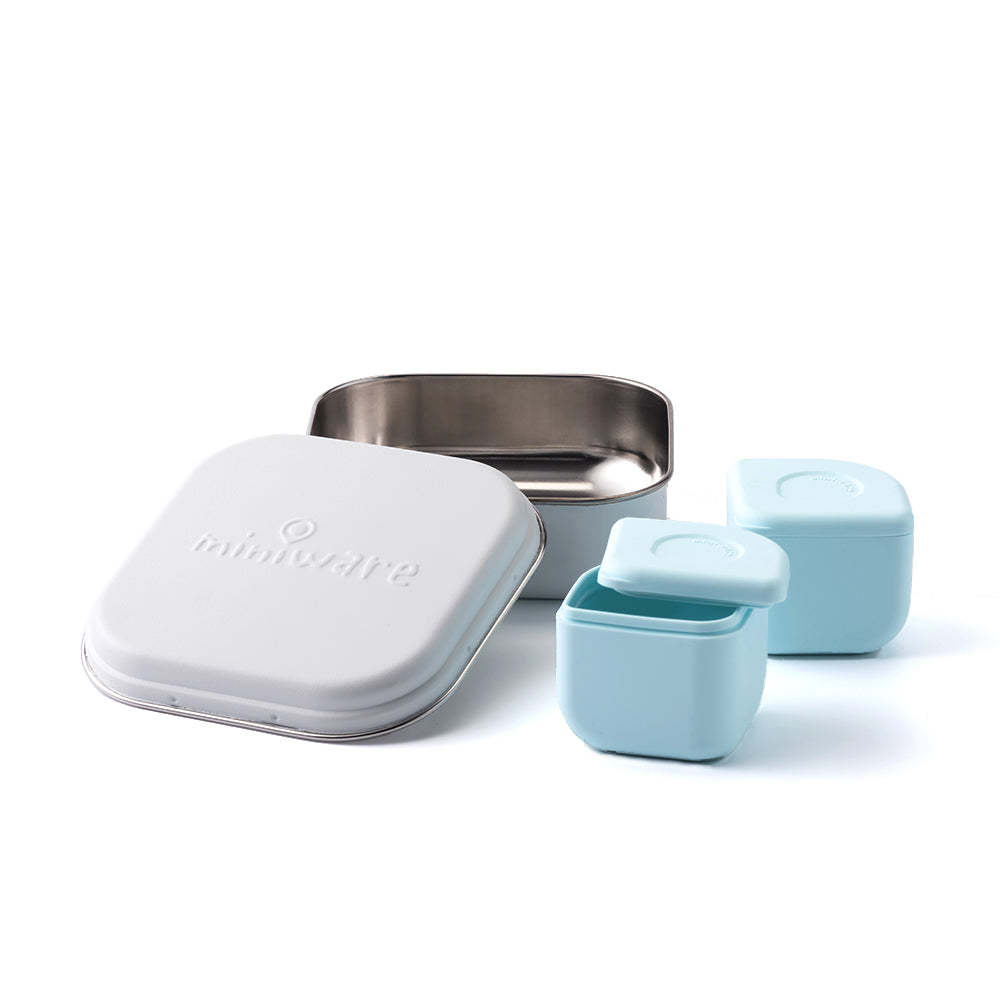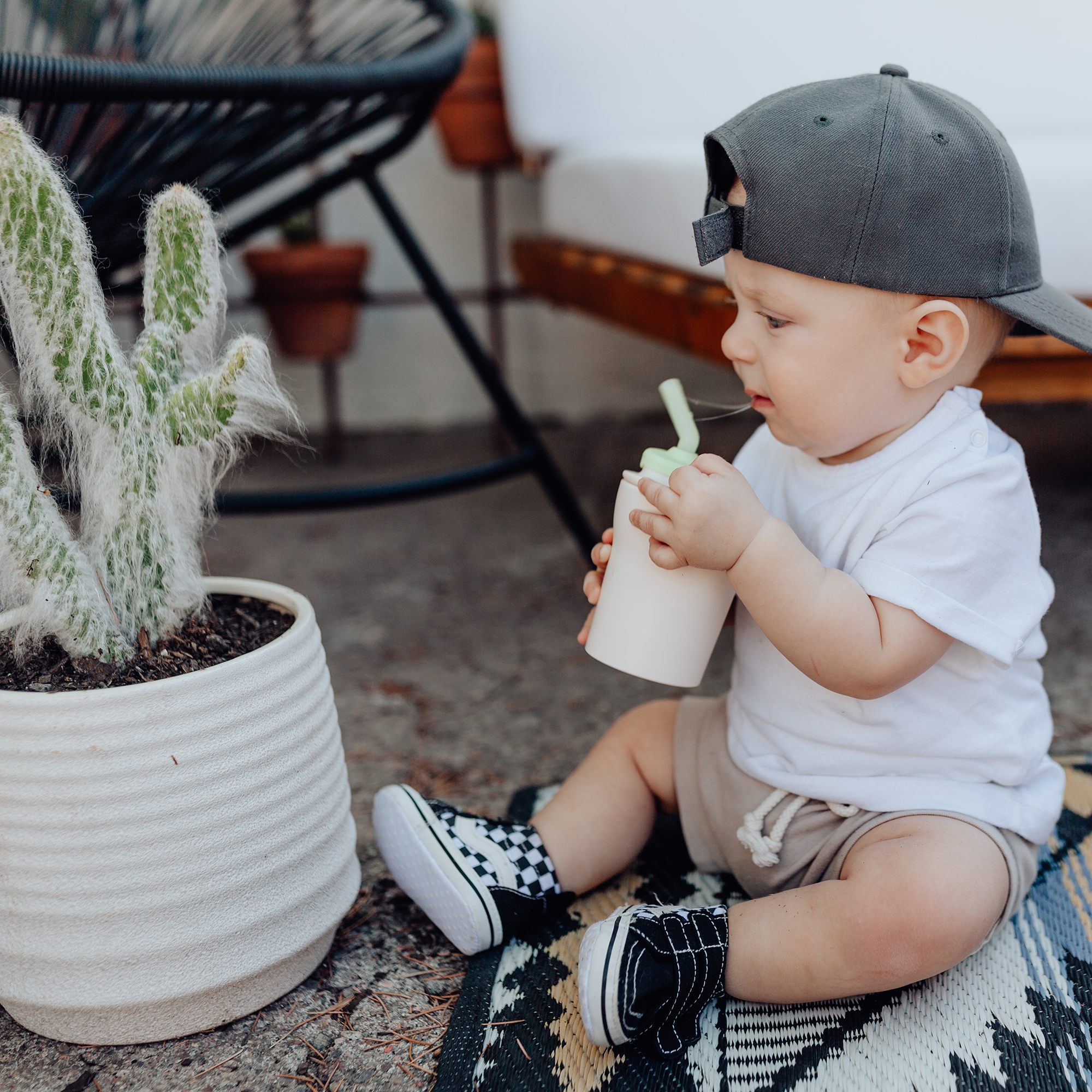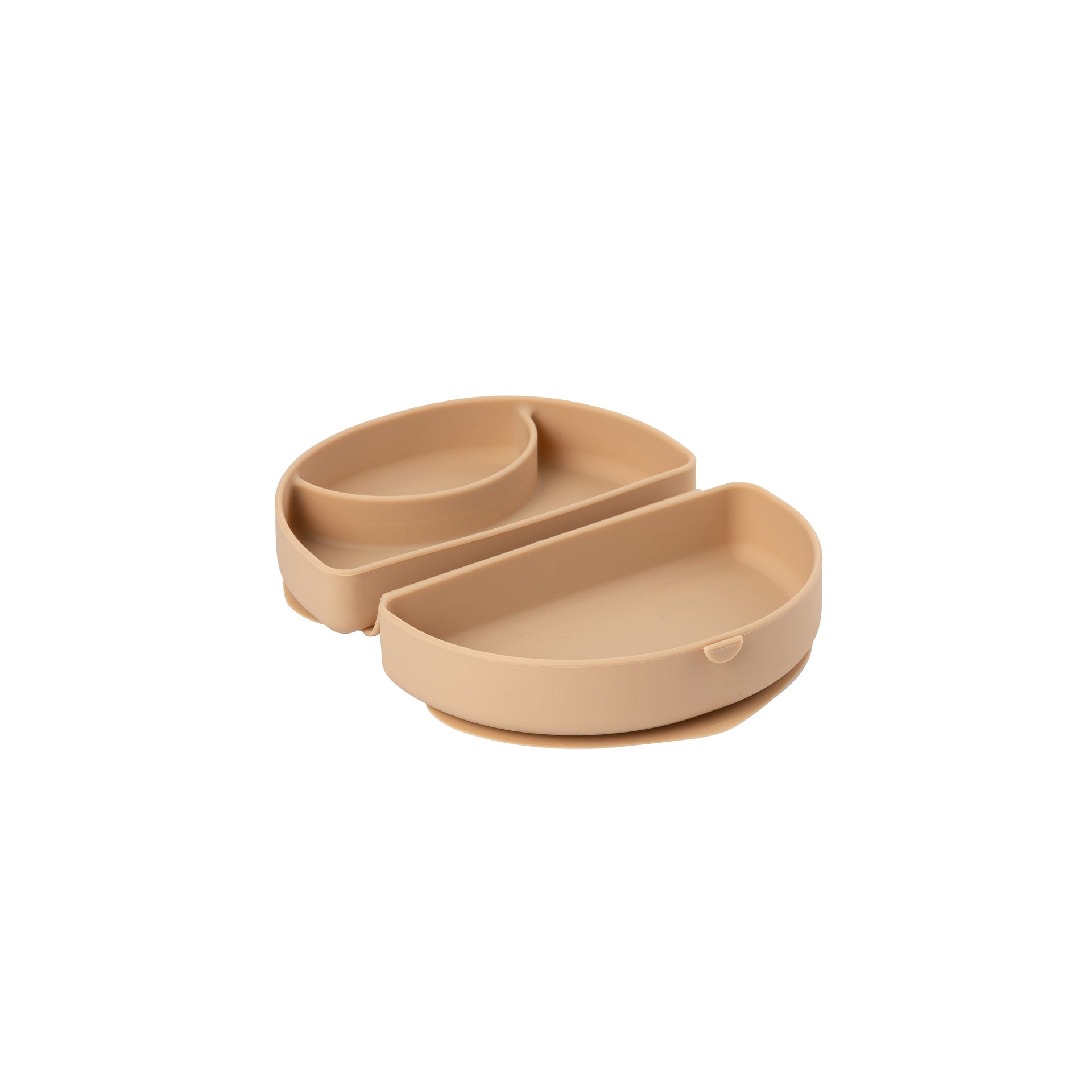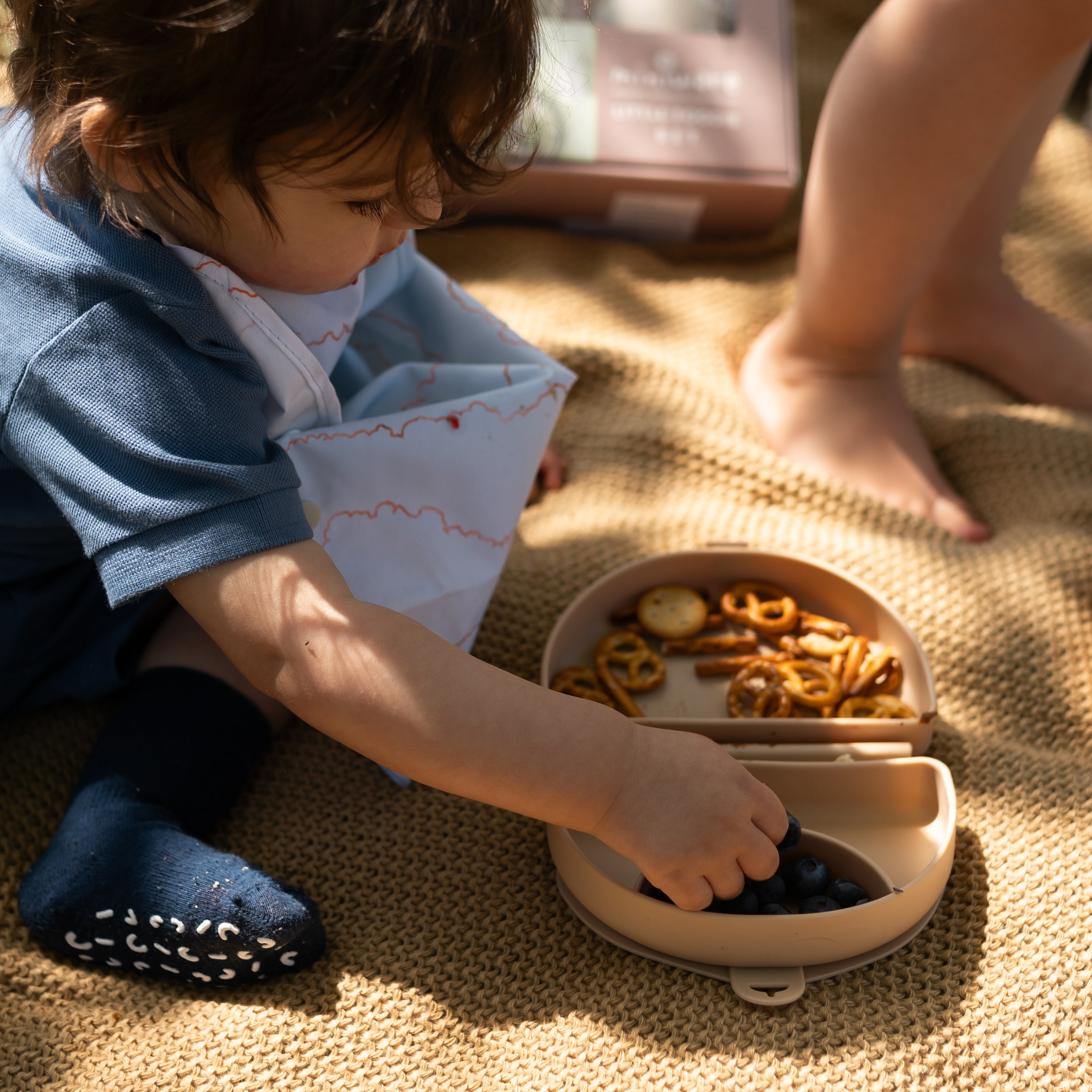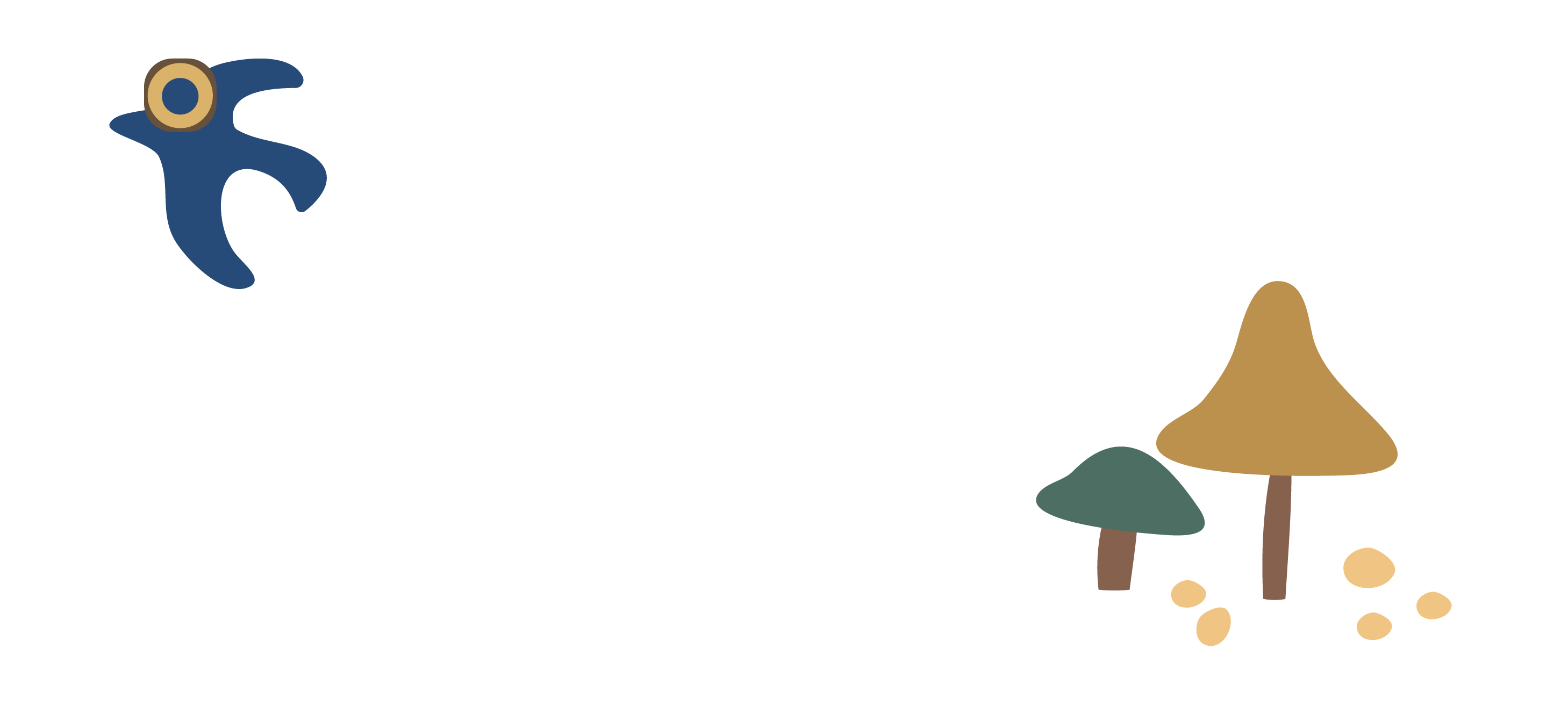We all know our bodies need water to survive and thrive, but with the arrival of hot weather and summer heatwaves, you may be wondering how much water should babies drink to stay safely hydrated? After all, adults greatly increase their water consumption during hot summer months, especially with increased activity levels, so shouldn’t baby? However, the answer depends on the age of the child. Staying hydrated helps the body flush waste, keeps bowel movements regular and helps the body regulate temperature, so it’s important for children and adults to get a healthy amount of water each day.
0-12 Months
The World Health Organization’s (WHO) health guidelines recommend against giving newborns and infants water. A properly fed infant, either through breastfeeding or formula, will get all the hydration they need through eating due to the high water content in both. In fact, giving water to newborns can be harmful! Water intoxication occurs when too much water flushes out critical nutrients, especially sodium. Although rare, this condition can affect children and adults. Giving newborns and infants water also makes them feel full and less interested in eating which can result in nutritional imbalances.
As your baby gets older and begins to transition to pureed foods, it’s a good time to introduce sip cups with small amounts of water. Babies at this age may not need more than 2-4 ounces of water per day. The less breastmilk or formula your baby consumes, the more water they need. Unfortunately, there’s no magic formula for figuring out the exact amount of water babies need, so use your child’s solid/pureed food intake, activity level and their thirst as your guidelines!
One Year +
By around one year, your baby’s milk or formula intake will typically reduce to the recommended 16 ounces per day. At this point, a one-year-old should have approximately one 8-oz cup of water daily, increased by one cup for every additional year. A two-year-old should have two 8-oz cups, a three-year-old, 3 cups and so on. Again, you should let your baby’s activity and thirst levels help dictate the proper amount of water for their unique needs.
Hydration Tips for Babies
Between 12-15 months, babies develop their grasp and coordination enough to begin holding a cup and practice sipping. Covered sip cups are a good way to introduce water and help your little one master drinking. Here are some tips for keeping kids hydrated during the summer:
Encourage small, frequent sips. When your child is overheated and thirsty, they’re more likely to gulp water which can cause abdominal discomfort. Instead, encourage them to take small sips regularly as they play and throughout the day. This will also keep them hydrated without feeling full and reducing healthy food intake.
Make sipping fun. Sippy cups in kid-friendly colors or with the addition of a fun accessory like a straw will help your baby be excited about drinking water. Older kids will want to use the same dishes as their parents, so try matching cups and make staying hydrated a family event.
Supplement water intake with water-rich foods. Yummy summer snacks like watermelon, strawberries, cucumbers, peaches, and pineapple are all hydrating.
So, how much water should babies drink? There’s no perfect answer. But for active babies who’ve begun the transition to pureed and solid foods, the key is frequent, small amounts. As kids get older, they’ll need regular reminders to drink water before they get overheated. It’s much easier to prevent dehydration than treat it!
